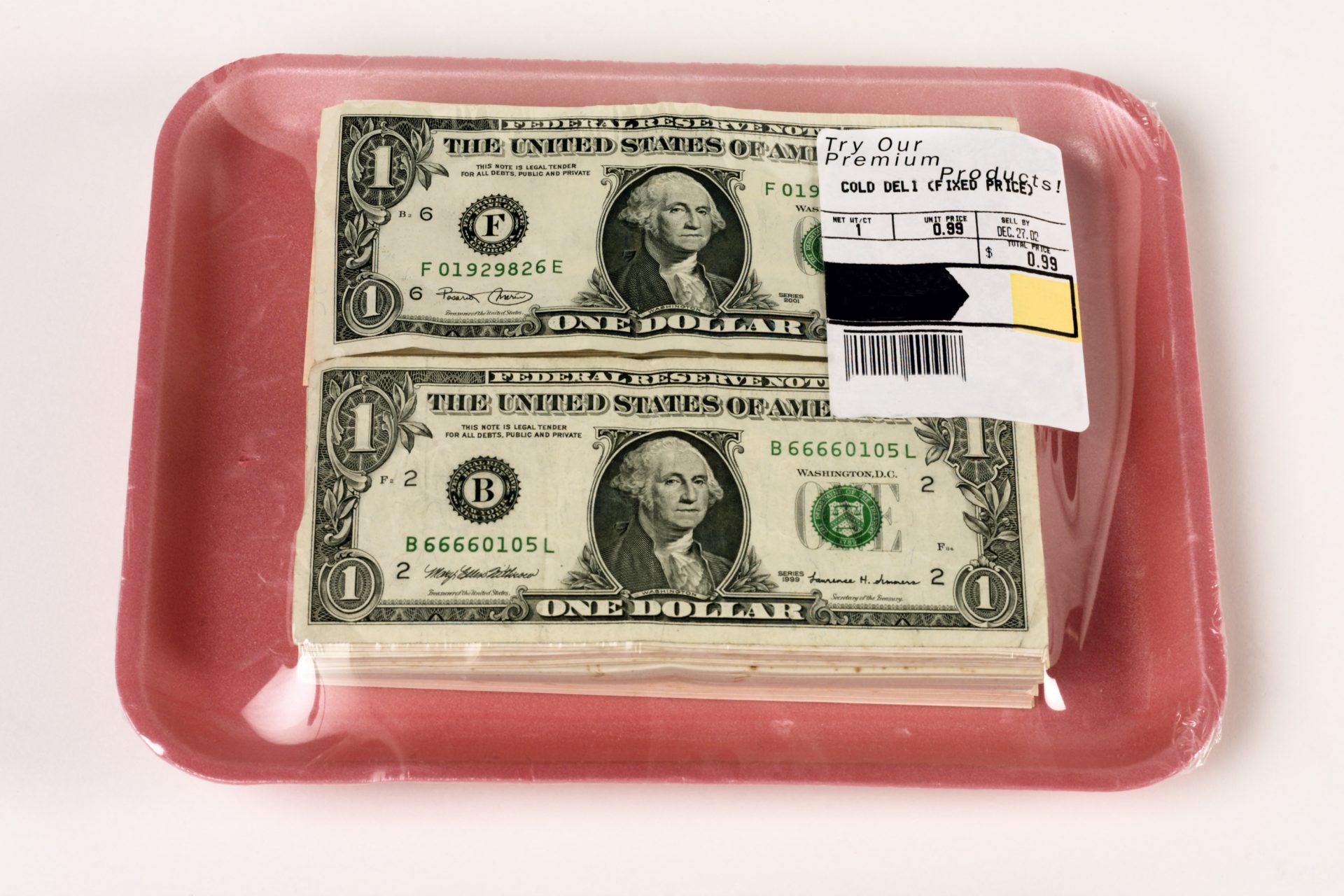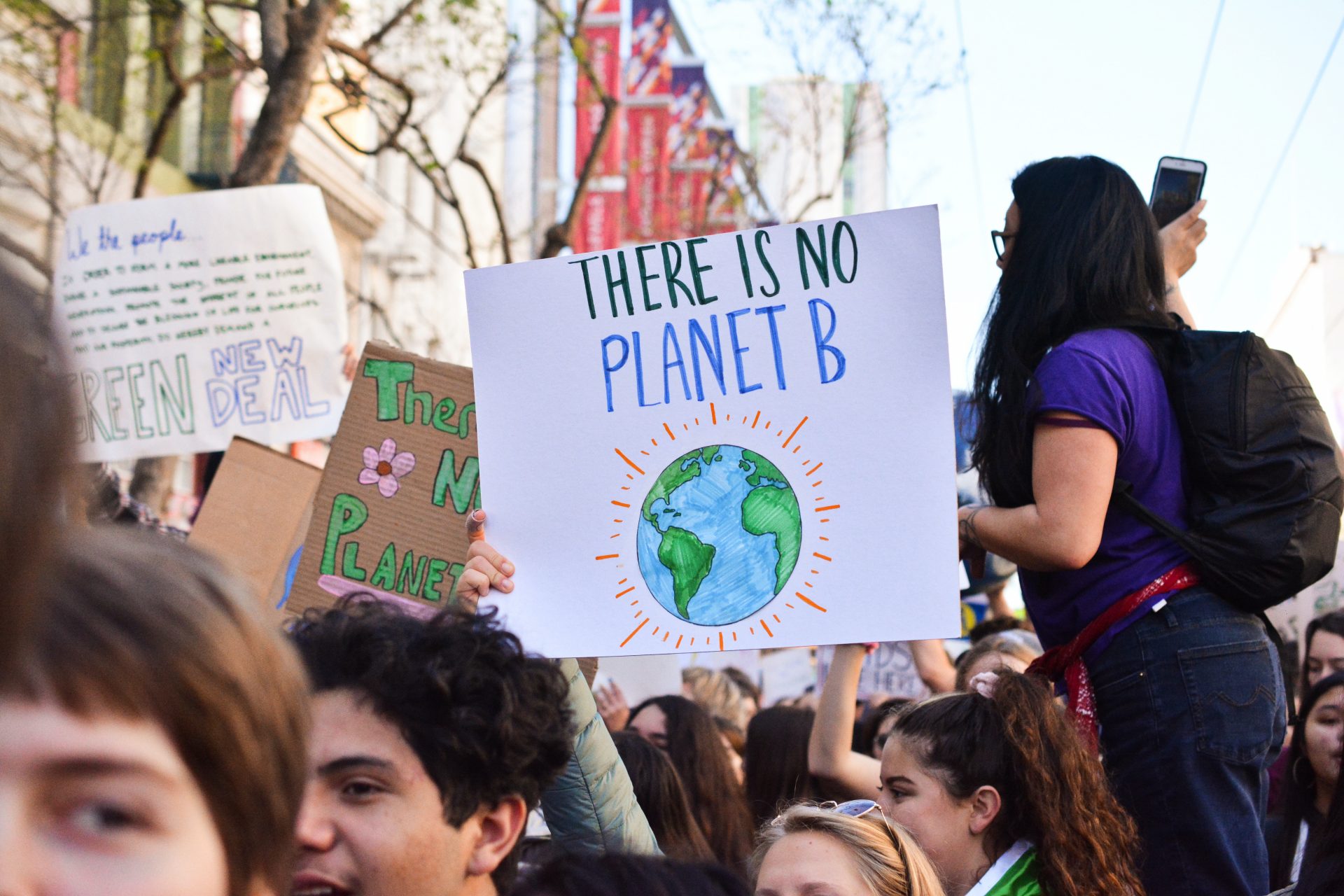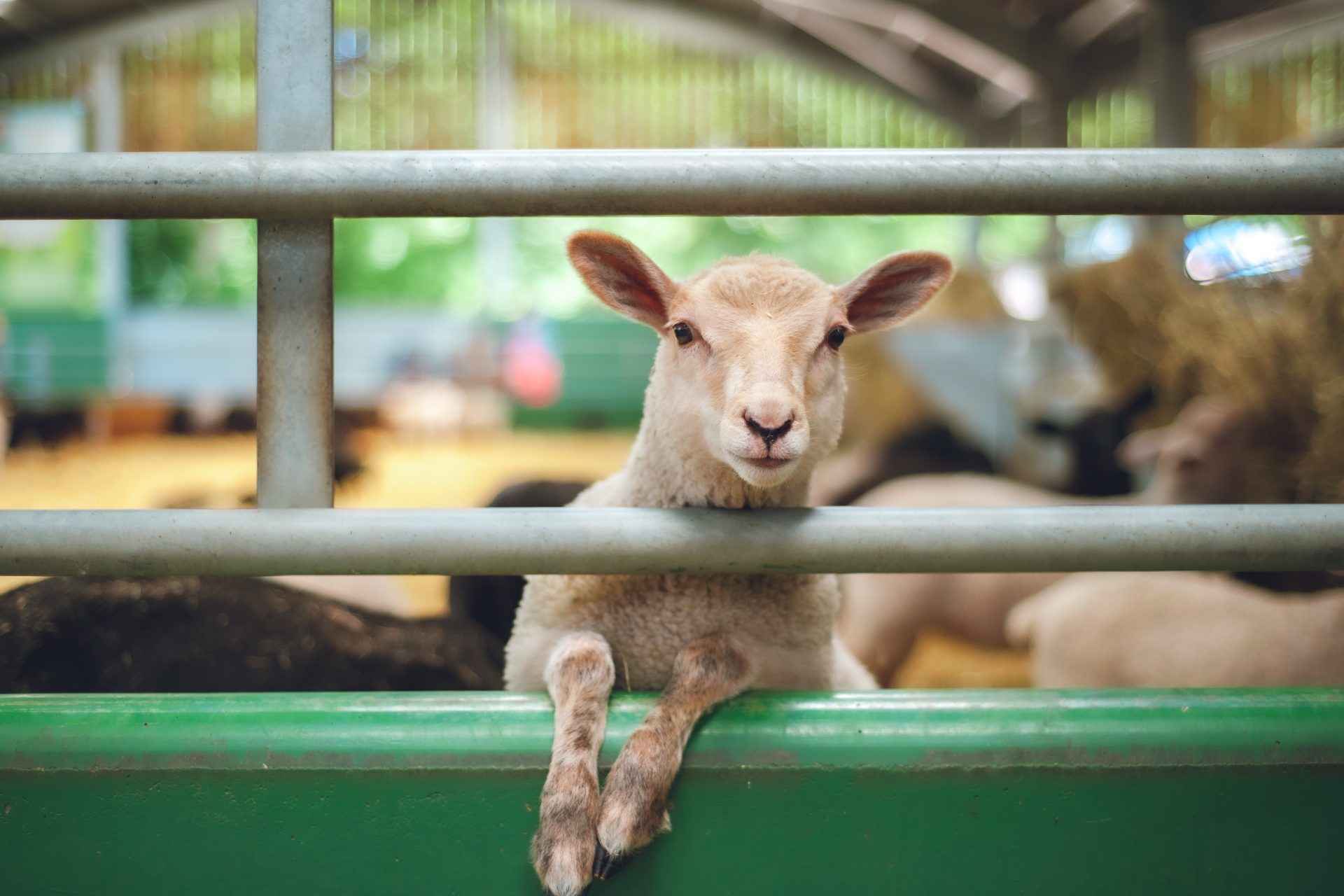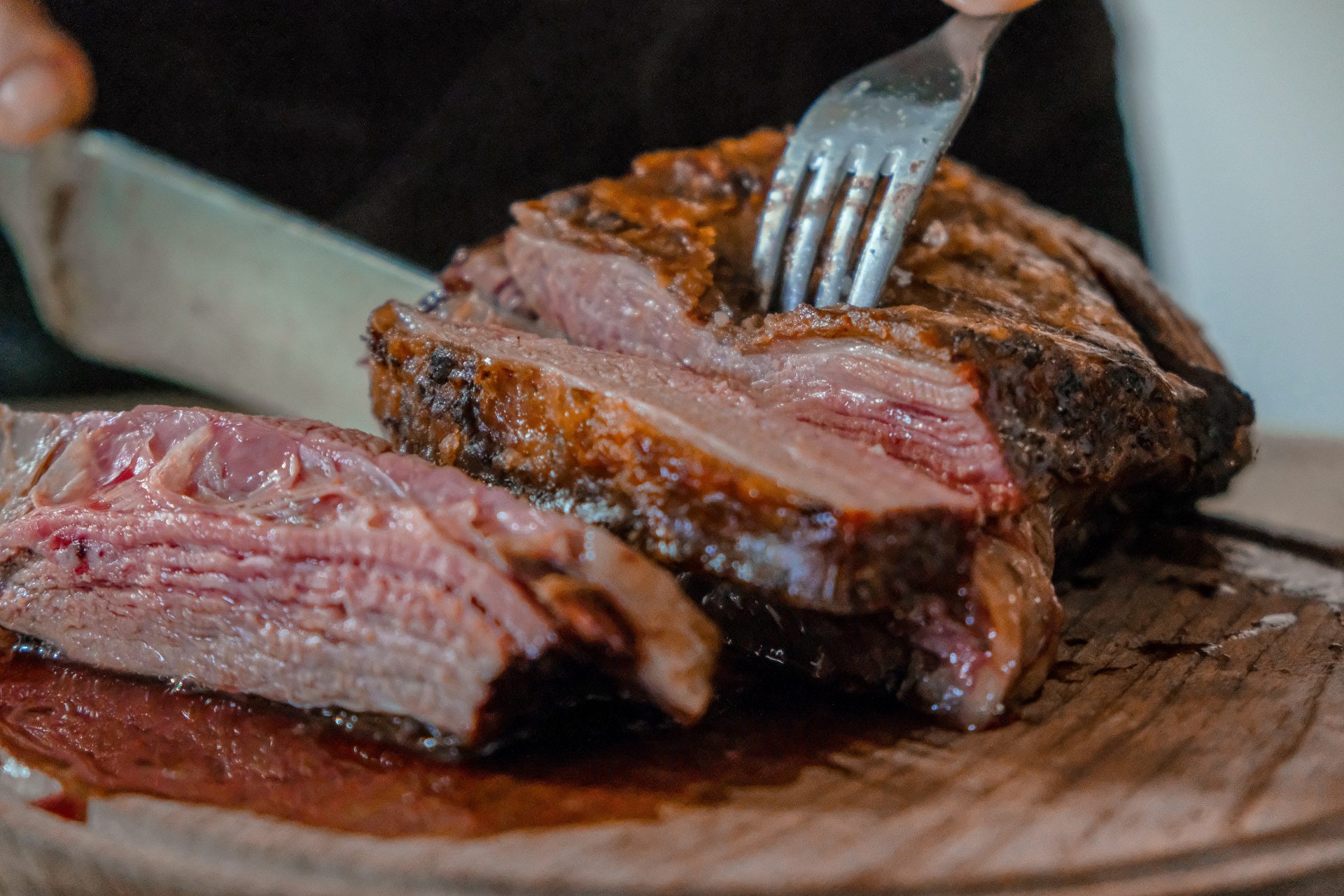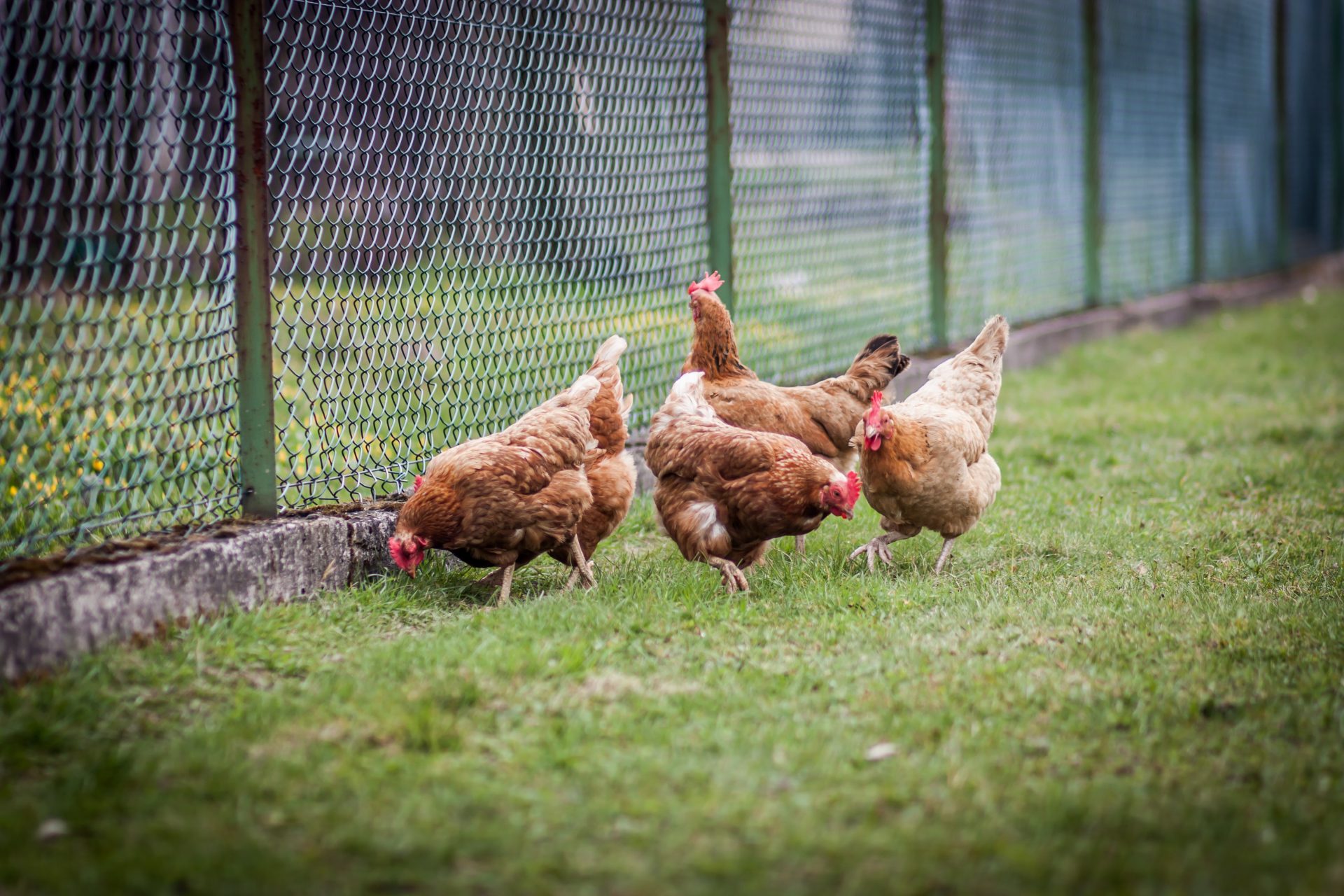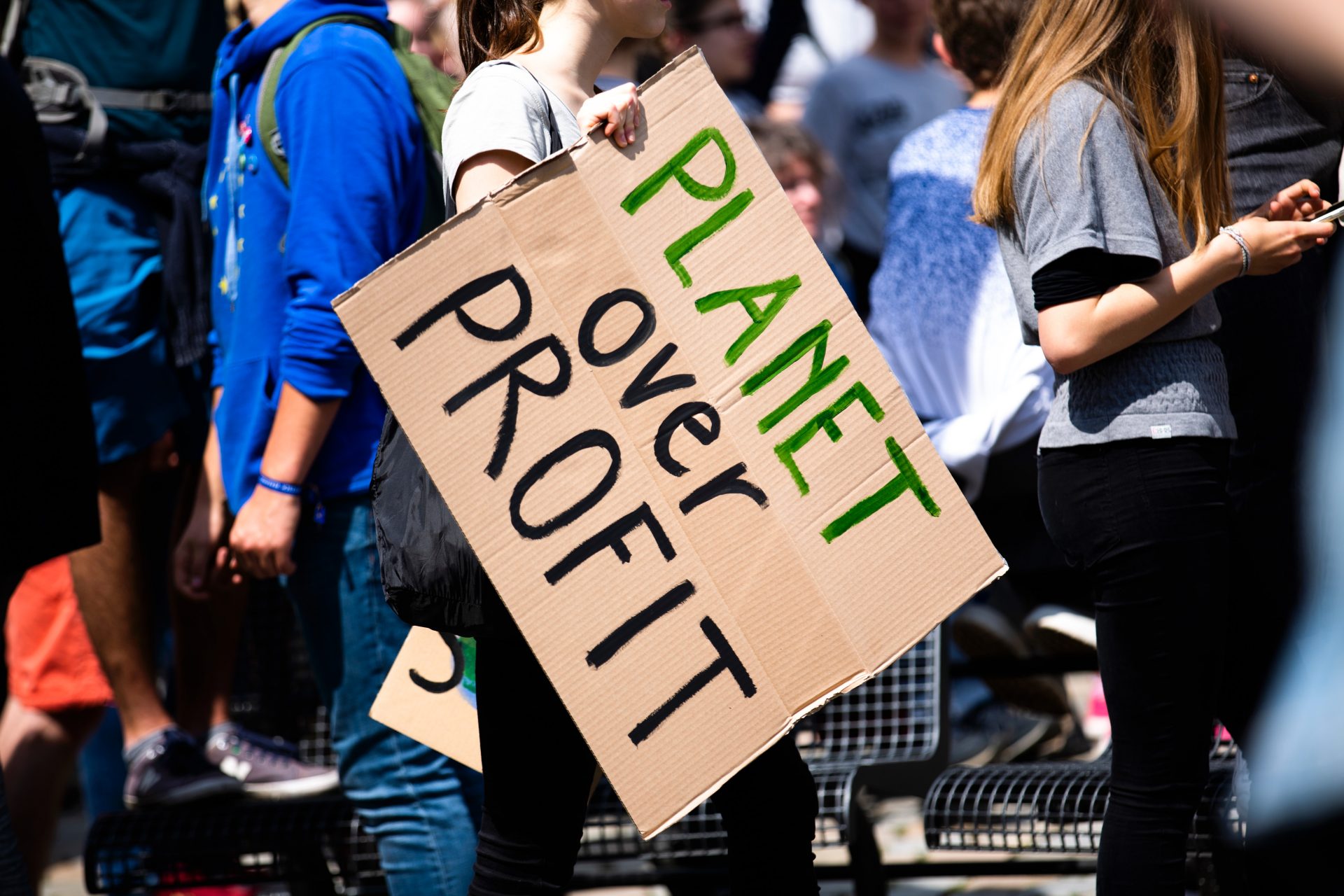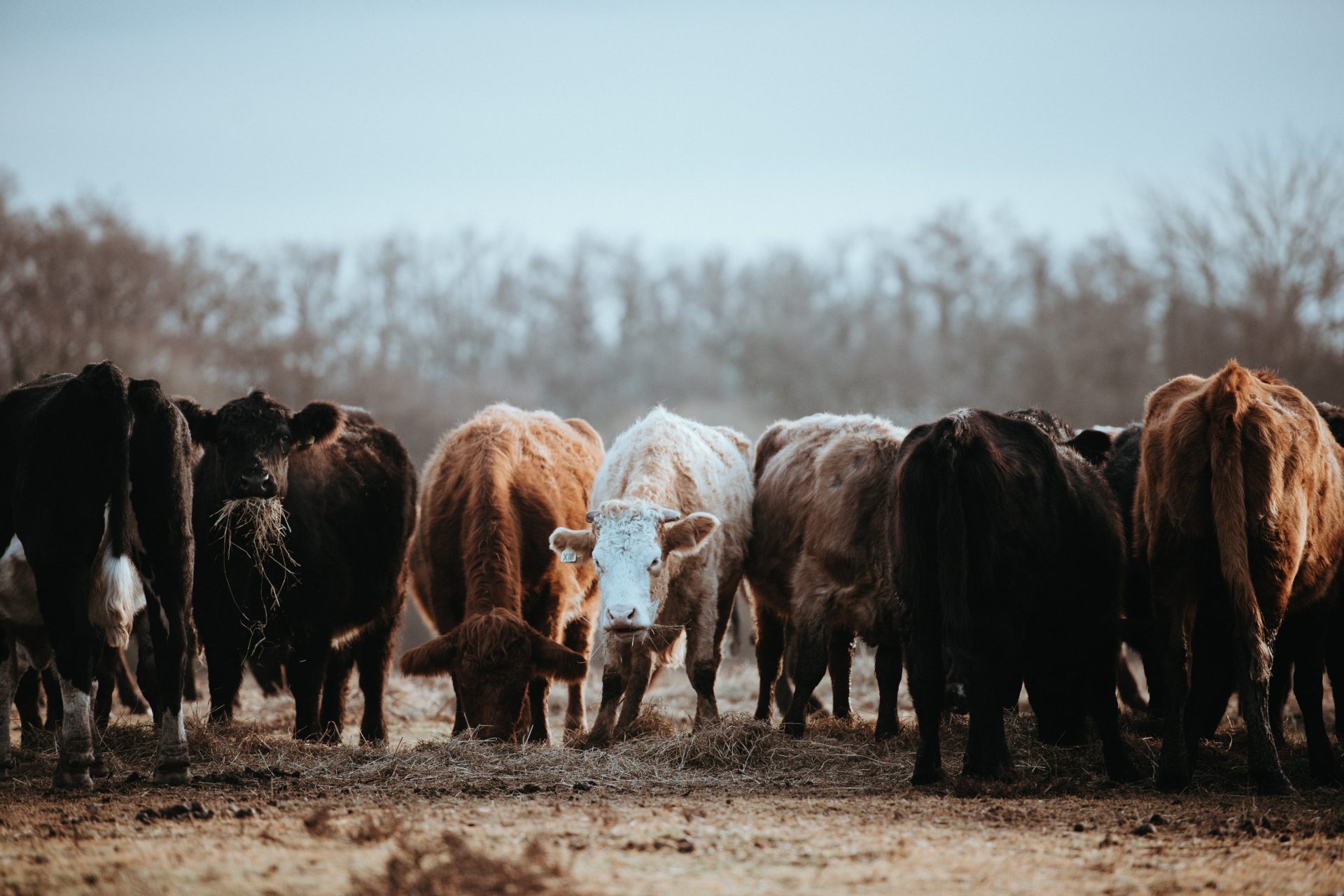A meat tax could save our planet
Solving the climate crisis and ensuring the future stability of our world is one of the most pressing challenges humanity currently faces. But are people willing to do whatever it takes to save the planet, and does that include taxing hamburgers?
It seems like a silly concept but taxing meat may be one of the best ways to change our climate outcome for the better according to a 2022 research study that was published in the Review of Environmental Economic and Economic Policy.
Photo by Li-An Lim on Unsplash
Professor Linus Mattauch from the Oxford Martin School was one of the lead co-authors of the study and explained in a press release from the university that livestock farming is one of the biggest contributors to many of our current issues.
Photo Credit: Twitter @LinusMattauch
Livestock rearing is not only a prime contributor to greenhouse gas emissions according to Mattauch, but it also plays a part in water and soil pollution as well as deforestation in the clearing of land for pasture and crops to feed livestock.
Photo by Harry Grout on Unsplash
The problem is apparently so bad that evidence suggests the world will not be able to meet its climate goals, and keep our planet’s vital ecosystems intact, unless we reduce our levels of meat consumption. But how do we go about it?
Photo by José Ignacio Pompé on Unsplash
One solution Mattauch and his fellow researchers proposed was a tax on meat so that it could guide consumer decisions to diets that are less meat-heavy. However, this measure is not likely to win over advocates in meat-centric countries.
Photo by Jo Jo on Unsplash
Researchers suggested the average retail price of almost every meat would need to see a huge increase in cost to offset their climate issues. For example, the study stated beef would need an increase in price of 35% to 56%. That’s a lot.
Photo by Madie Hamilton on Unsplash
Don’t think that you could get away with cutting beef from your diet either. If you wanted to replace cow meat with lamb then you’d still be looking at a price increase of 19% and switching to chicken would see prices increase by 25%.
Photo by Madie Hamilton on Unsplash
Mattauch blamed Western diets as the most destructive but also said that people didn’t need to fully cut meat out of their diets, but added the diets of the future needed to add in more plant-based proteins and novel replacements.
Photo by Khalid Boutchich on Unsplash
“Alongside other measures, consumption taxes on meat could be an important lever to incentivize that transition,” Mattauch explained. But will Westerns be okay with making these changes to their traditionally meat-heavy diets?
Photo by Rui Alves on Unsplash
Bloomberg News noted in a report on taxing meat that Americans eat an average of 280 pounds of meat annually whereas some people in poorer countries only consume about 10 pounds of meat per year.
Photo by Sander Dalhuisen on Unsplash
Moreover, the news outlet added that the United States is the world's third-largest eater of beef and the sixth-largest consumer of chicken. These numbers clash with America’s ability to meet its climate change promises.
Photo by Louis Hansel on Unsplash
Research from the non-profit organization Compassion in World Farming found that the United States cannot meet its climate goal of keeping Earth’s temperature rise below a balmy 1.5C without reducing its meat consumption by 82%.
Photo by Markus Spiske on Unsplash
Getting Americans to reduce their meat consumption by such a large amount might not seem doable but Bloomberg’s Mark Gongloff noted that even reducing consumption by half could cut carbon emissions related to diet by 43%.
Photo by Annie Spratt on Unsplash
Whether or not Americans would be willing to make the sacrifice isn’t not yet known but taxing meat could leave the country’s poorest in the lurch. However, Gongloff said that the issue could be fixed through tax rebates for poorer Americans.
Photo by Lance Grandahl on Unsplash
So, would you be willing to pay 60% more for your next cheeseburger if it meant helping to meet the world’s climate goals? There are still many issues like meat producers and farmers going out of business, but taxing meat could be a solution to our climate woes.
Photo by engin akyurt on Unsplash
More for you
Top Stories



